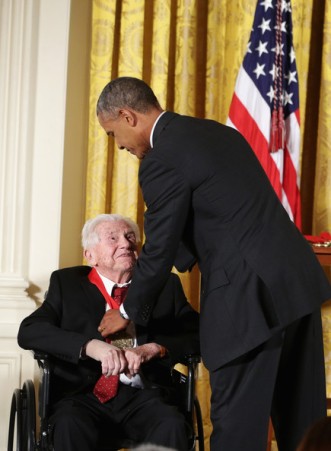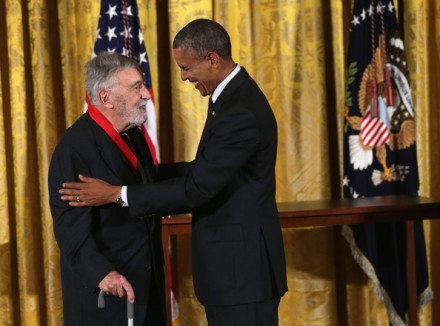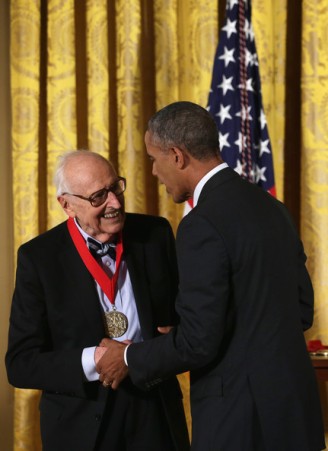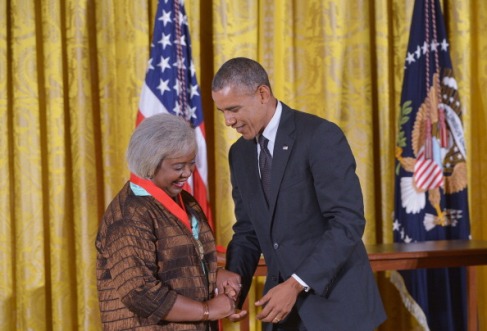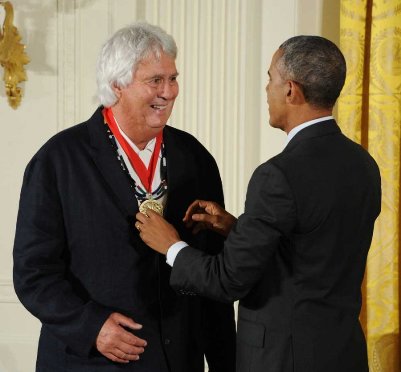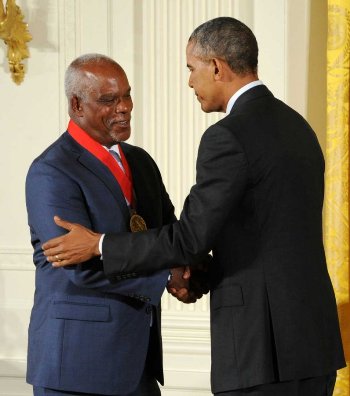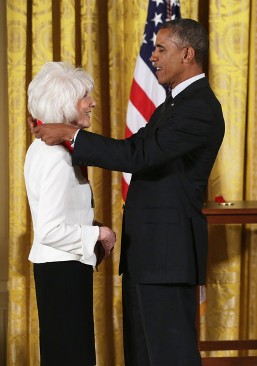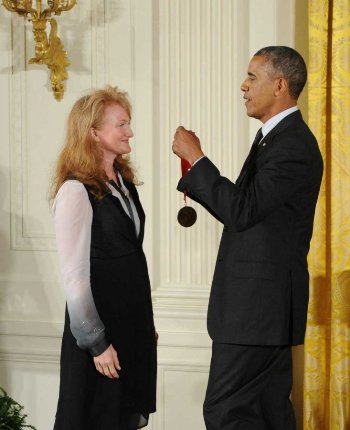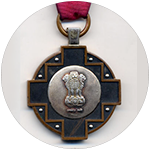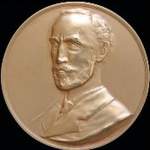National Humanities Medal Award
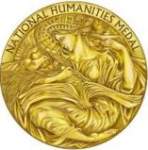
Awards Type : National Award
Organized Country : United States
First Award : 1997
The National Humanities Medal is an American award that annually recognizes several individuals, groups, or institutions for work that has "deepened the nation's understanding of the humanities, broadened our citizens' engagement with the humanities, or helped preserve and expand Americans' access to important resources in the humanities."The annual Charles Frankel Prize in the Humanities was established in 1988 and succeeded by the National Humanities Medal in 1997. The initial design for the National Humanities Medal was created by a 1995 Frankel Prize winner, David Macaulay, and was used for all recipients through 2012.
During 2013, The National Endowment for the Humanities ran a public competition for a new medal design, judged by metalsmith Chunghi Choo, coin engraver Don Everhart of the U.S. Mint and sculptor George Anthonisen. In June 2013, the agency announced that a design by Paul C. Balan of Illinois had been selected as the winner. The final medal will be unveiled in Washington D.C. in November 2013. The new design will be used for the first time for the 2013 National Humanities Medals, to be presented in mid-2014.Medals are conferred once annually, usually by the U.S. President, to as many as twelve living candidates and existing organizations nominated early in the calendar year. The President selects the winners in consultation with the National Endowment for the Humanities.
